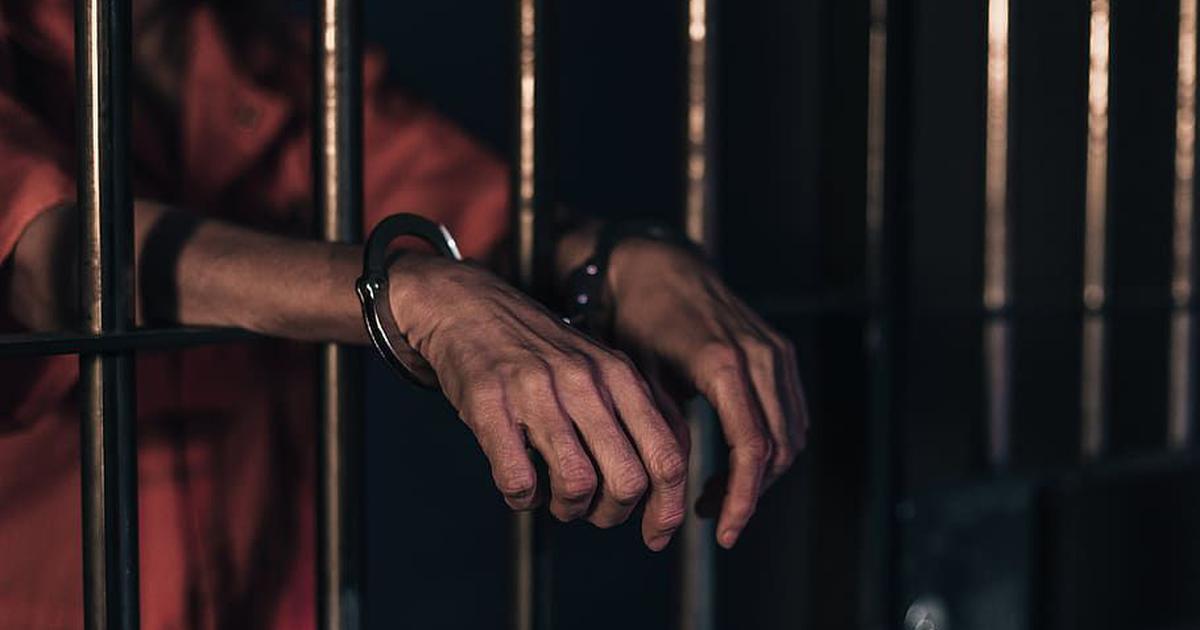On October 16, 2024, the Ministry of Home Affairs (MHA) vide its order no. 17013/20/2024-PR, directed the Chief Secretaries of all States and UTs and Director General/Inspector General and Correctional Services of all States and UTs to implement of the provisions of Section 479 of ‘The Bharatiya Nagarik Suraksha Sanhita 2023’ (BNSS) for providing relief to the under trial prisoners.
The MHA order follows the Supreme Court of India’s ruling on August 23, 2024, regarding “Inhuman Conditions in 1382 Prisons.” The Apex court noted that the provisions of Section 479 of the BNSS would apply to all under trials in pending cases, regardless of whether their cases were registered before July 1, 2024, the date the new law took effect. The Supreme Court also directed that, “Compliance of the aforesaid provisions shall be made by the concerned District & Session Judges in all States/UTs who are in-Charge of the Under Trial Review Committees so that there is no laxity in implementation of the aforesaid beneficial provision.”
‘SC asks States to improve prison conditions’ can be read here
The Ministry of Home Affairs states in its order that overcrowding in prisons, especially the issue of large number of under trial prisoners, has been a matter of concern for the Government of India. For addressing the issue of long detention of under trial prisoners and the hardship faced by them, the Ministry of Home Affairs has been taking various progressive steps from time to time, including grant of financial aid to the States and Union Territories (UTs) for providing relief to such prisoners in seeking release from prisons
Further, ‘In context of the above, it is stated that Section 479 (1) of the Bharatiya Nagarik Suraksha Sanhita, 2023 (BNSS), which has come into force with effect from 1st July 2024, provides that ‘Where a person has, during the period of investigation, inquiry or trial under this Sanhita of an offence under any law (not being an offence for which the punishment of death or life imprisonment has been specified as one of the punishments under that law) undergone detention for a period extending up to one-half of the maximum period of imprisonment specified for that offence under that law, he shall be released by the Court on bail’ MHA stated in its order.
Notably, a new rule has been added to Section 479 (1) of the BNSS. It states that if a person is a first-time offender—meaning he/she has never been convicted of a crime before—he/she will be released on bond by the Court after serving up to one-third of the maximum period of punishment for their offense.
Legal mandate for superintendents of prisons
MHA directed all States and Union Territories (UTs) to recognise the specific legal responsibilities assigned to the Superintendents of Prisons. This includes disseminating pertinent information to relevant personnel and ensuring the effective implementation of the new provisions of the BNSS. Monitoring these initiatives is crucial for safeguarding the rights and conditions of undertrial prisoners.
MHA stated that section 479 (3) of the BNSS casts a specific responsibility upon the Superintendent of Prisons, where the accused person is detained, to make an application to the concerned court for release of such prisoners on bail. The text of Section 479 (3) is cited below for the information and attention of all prison authorities:
The Superintendent of Jail, where the accused person is detained, on completion of one-half or one-third of the period mentioned in sub-section (1), as the case may be, shall forthwith make an application in writing to the Court to proceed under sub-section (1) for the release of such person on bail.’
MHA direction to States and UTs;
E-Prisons portal for quick identification
To assist State and UT prison authorities in identifying eligible prisoners swiftly, the Ministry of Home Affairs has enhanced the national E-Prisons portal. This platform provides essential data, such as the types of offenses, maximum sentences, and timelines for completing a significant portion of the imprisonment term. The E-Prisons portal facilitates timely access to inmate information, aiding authorities in moving applications for bail more efficiently.
Support for poor prisoners
MHA stated that it has previously introduced the ‘Support to Poor Prisoners’ scheme to assist poor prisoners unable to pay fines or secure bail due to financial hardships. This initiative particularly targets socially disadvantaged individuals and low-income groups. Financial aid is provided through respective States and UTs, helping prisoners cover outstanding fines or bail bonds. Despite the Union Home Secretary’s communication of the scheme’s guidelines, many States and UTs have yet to fully leverage this opportunity.
However, MHA also noted that Union Home Secretary, vide his letter dated 19th June, 2023, had forwarded the ‘Guidelines and Standard Operating Procedure’ of the Scheme to the Chief Secretaries and DG/IG Prisons of all States and UTs. However, it is noted that many States/UTs are yet to take full advantage of this scheme despite MHA’s repeated persuasion in this regard.
Impact of active involvement
Active participation and oversight from States and UTs are anticipated to significantly improve the situation of long detentions faced by under trial prisoners, while also addressing prison overcrowding. States and UTs are requested to take full advantage of the national e-Prisons portal and the Support to Poor Prisoners Scheme for providing relief to prisoners.
The Ministry of Home Affairs’ directive on October 16, 2024, emphasises the urgent need to address the plight of under trial prisoners in India. Following the Supreme Court’s ruling on August 23, 2024, the implementation of Section 479 of the BNSS aims to alleviate long detentions and overcrowding. By utilizing tools like the E-Prisons portal and the Support to Poor Prisoners Scheme, States and UTs can significantly enhance the welfare of under trials and ensure fair treatment within the justice system.
Related:

